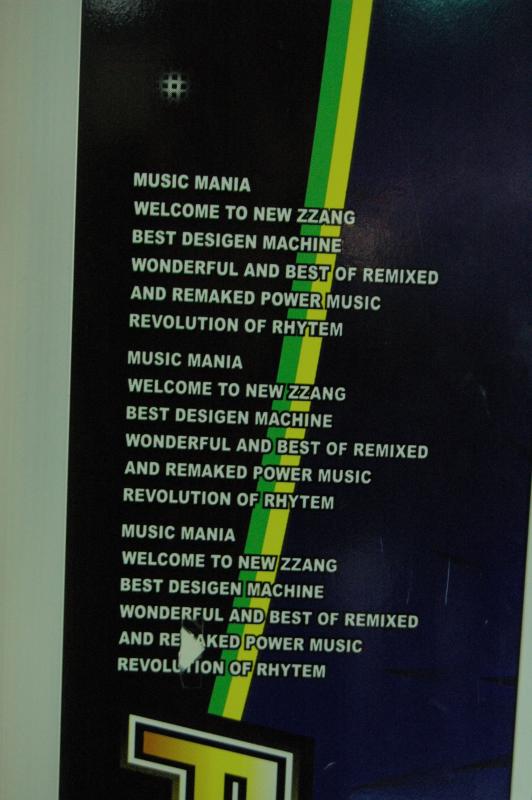Thus I refute Odysseus
My friend, the Port Coquitlam Odysseus, and some people at the BBC, feel that E-book readers, like the Kindle, will never replace paper books. The main reason they give, as befits what a simple, Colonial-type Canadian thinks of the BBC, is highbrow: When reading a book, it is difficult to add annotations and marginalia to an E-book version.
“Oh, I’m at the BBC. I’m reading important books. I sometimes disagree with the author and feel compelled to make such known to… myself by writing in the margins.”
Here is my refutation (I don’t see any special reason to embiggen these pics, but you can, if you wish, by clicking on them):


 I don’t normally read books on my phone, and only to stage a photo would I read from my phone at home. But, I do read from it when I am on the go and find myself waiting. Today, I read a few hundred lines while my little guy was playing at a playground.
I don’t normally read books on my phone, and only to stage a photo would I read from my phone at home. But, I do read from it when I am on the go and find myself waiting. Today, I read a few hundred lines while my little guy was playing at a playground.
What am I reading? A Princess of Mars, by Burroughs, from the Gutenberg Project. Highbrow, this is not. And, the display sucks. Words ar
e frequently split in the middle (as I have just demonstrated).
Still, my phone, an old Motorola, allows bookmarking, so that when I close my phone and return to the story some time later, it reopens to where I left off.
To take the pictures above, I set my tripod on my bookshelf, which is loaded in many places two-layers deep. In my advancing years, I find myself more interested in non-fiction. I don’t know if I am reading BBC-quality Important Books, but I am reading books that I will take notes on. Still, I suspect I will never write inside these books. I did with textbooks, but I have also thrown out most of my university texts after a few moves.
I want a better reading experience than my phone offers, but that is not a high bar to jump.
Another pro-ebook voice can be found on Odysseus’ blog: commenter Jon felt that his child or grandchild will be surprised that we would ever cut down trees to make books. I wonder about this point. The rare-earths that go into computer chips are not all that environmentally friendly to produce either. Paper books could be considered carbon storage, I suppose.
I don’t know if E-book readers will replace paper books, but they will be become far more popular than Lisa Jardin at the BBC imagines.
—–
somewhat on topic, the Korea Herald can be read on E-book readers now. Perhaps they offer an ad-free version because the E-book version costs 7,000won per year. That isn’t much , but the online version is free.
There is a two month free trial version. “Subscribers to the service can use it free of charge for two months. Now that the service is in an open-ended special promotion period, the subscription service will be available for 4,900 won per month after the initial two-month free trial,” said Cheung deck-sang, director of new media.
The Textore service is currently available only for Samsung Electronics’ e-book reader SNE-60K, which has a six-inch screen, wherever Wi-Fi wireless networks are detected through the device….
Last July, Samsung Electronics and the country’s biggest bookstore, Kyobo Book Center, joined forces to kick-start the growing e-book market, and the SNE-60K is the second e-book reader born at through that partnership, following the SNE-50K.
The device is being sold for 420,000 won ($370.90). Other features of the device include bluetooth, MP3 support and hand-writing recognition. Kyobo aims to sell around 15,000 e-readers by the end of 2010













 RSS Feed
RSS Feed

Recent comments